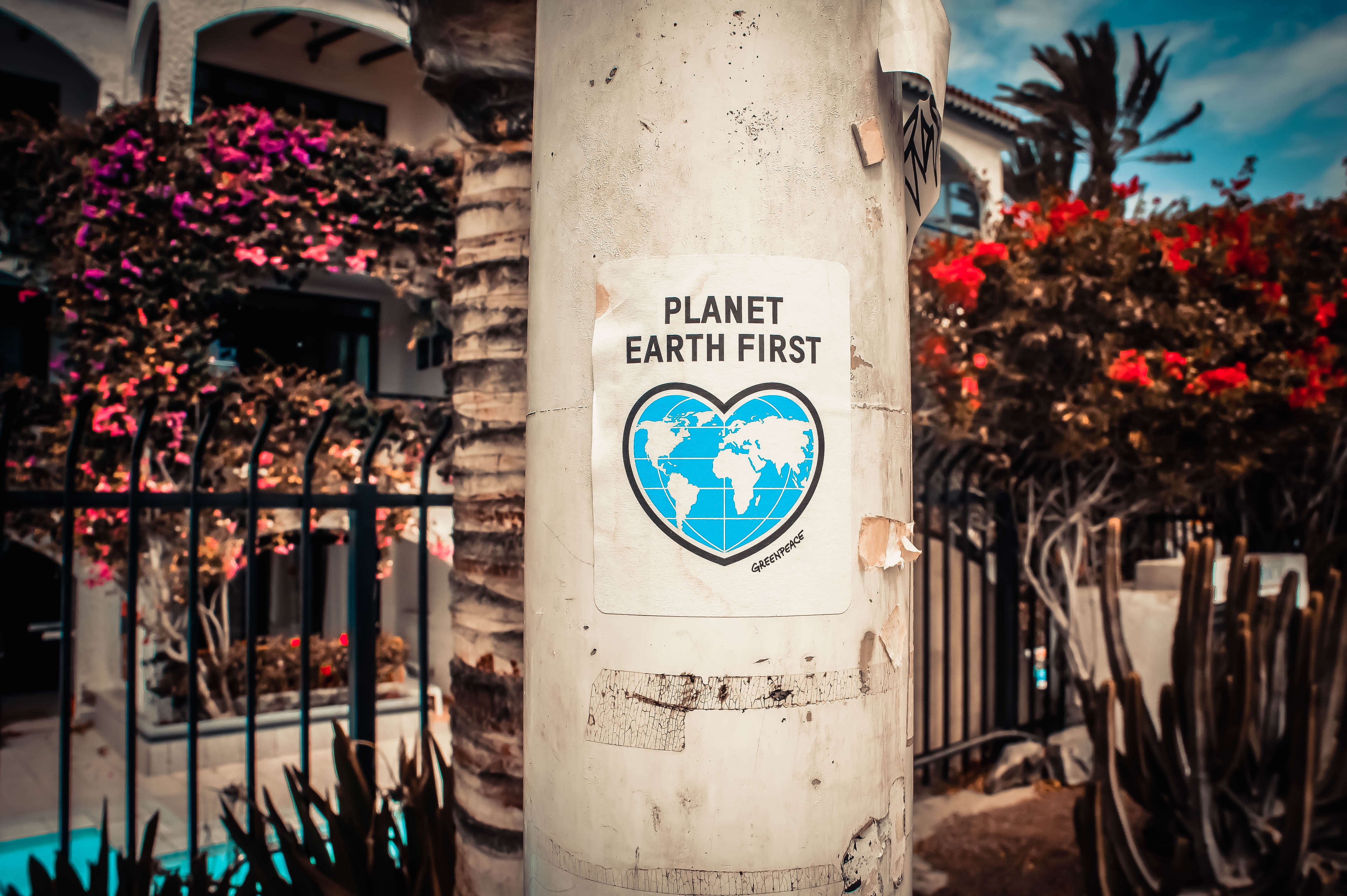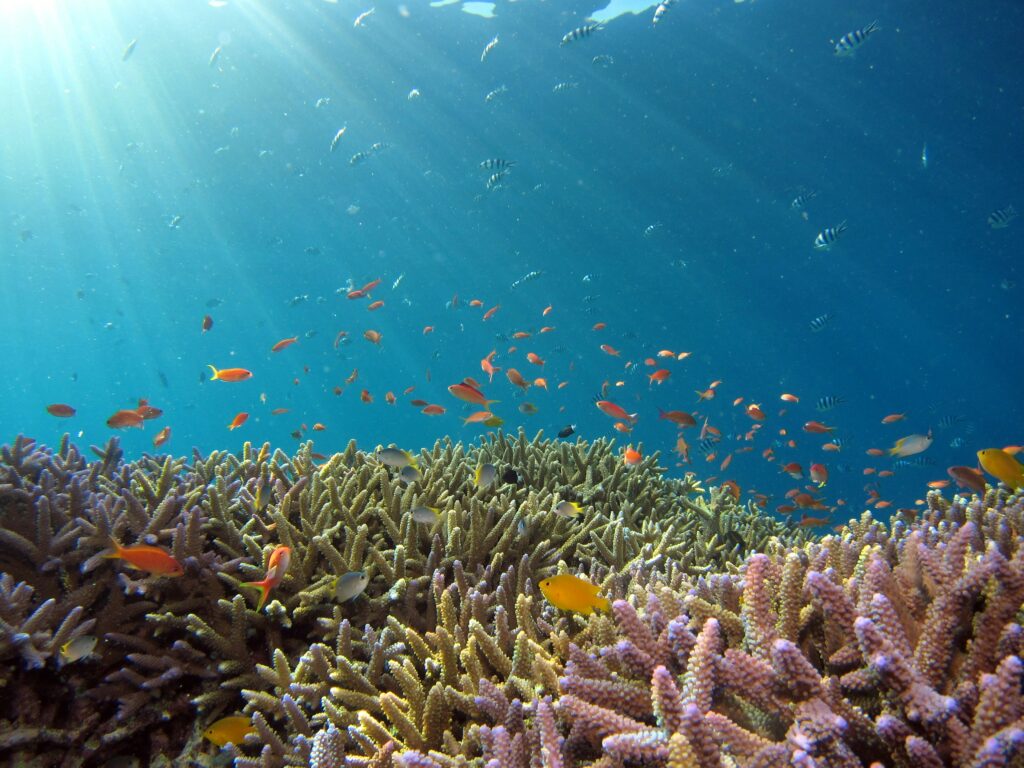This Earth Day, we’re taking a look at greenwashing and have put together some handy tips on how you can avoid it.
WHAT IS GREENWASHING?

It is often seen as a marketing tactic. Companies engage in greenwashing in marketing in an attempt to profit from consumer demand for sustainable goods, services and practices. However, Greenwashing is also a way of deflecting criticism and avoiding genuine engagement with sustainability issues.
A famous example of greenwashing is the American multinational oil and gas corporation ExxonMobil indicating they were reducing greenhouse gas emissions while they were actually increasing.
You may also enjoy: MAKE TRAVEL MATTER®: Why developing meaningful travel experiences has never been more important
UNETHICAL AND UNSUSTAINABLE
However, there is also a rise in those engaging in greenwashing. This leads to confusion and skepticism among consumers, who may not know how to differentiate between genuine sustainable products and greenwashed ones. As a result, consumers are misled into thinking they are making environmentally responsible choices when they are not.
Not only unethical, greenwashing is also unsustainable. Companies that continue to deceive consumers with false claims of sustainability risk losing their credibility and damaging the broader sustainability movement.
You may also be interested to read: The unknown icons of travel you’ve never heard of, but should have
THE THIRST FOR SUSTAINABLE TRAVEL

In the tourism space, the thirst for sustainable travel is ever increasing. Booking.com’s Sustainable Travel Report 2022 showed that 81% of global travelers say sustainable travel is important to them, with 50% saying that recent news about climate change has influenced them to make more sustainable travel choices.
For most travelers, protecting the planet has always been important. But how do you satisfy your curiosity, love of new cultures and thirst for adventure, and make a positive impact at the same time? Carbon emissions, over-tourism, natural habitat loss and pollution are just some of the negative environmental impacts of tourism. This can leave travelers open to greenwashing, so it is important that you are aware of what to look out for.
Tours might be more harmful that originally stated, with operators promoting unsubstantiated claims and eco-credentials. It is easy to make something appear environmentally friendly but using a lot of green on marketing materials. Beware companies that focus on one big gesture, or ask you to pay extra for sustainable practices, such as offsetting emissions.
You may also enjoy reading: From war zone to restauranteur: the incredible story of Obada
HOW TO AVOID GREENWASHING WHEN PLANNING SUSTAINABLE TRAVEL

Look for third-party certifications: Look for certifications from reputable third-party organizations, which verify the environmental claims of hotels, tour operators and other travel providers.
Do your research: Before booking a sustainable travel experience, do your research to ensure that the provider’s environmental practices align with your values and expectations. Look for reviews from other travelers and check out the provider’s website to see if they provide detailed information on their sustainability initiatives.
Look for tangible evidence and transparency: If a company is presented as being superior in terms of climate change and the environment, they should be transparent about sufficient evidence to support these claims. Look for sustainability strategies, and official documents in the public space that show what is being done and how it is being measured.
Look for sustainability credentials at every touch point: A company that truly has sustainable practices and values will be looking for solutions throughout the supply chain and all customer touch points.
You might also enjoy reading: The sustainable benefits of travelling in the off season
EVERY DAY IS EARTH DAY

If you are interested to read more, our 5 Year Sustainability strategy How We Tread Right defines what we are doing and our Impact Report shares what we have achieved. And our Climate Action Plan outlines how we will reach net zero greenhouse gas emissions across the value chain by 2050. We’re proud to be the only tour company to have their targets validated by the Science Based Targets initiative (SBTi). This means we are on the right track and by choosing to travel with us you are also doing your part.
Read more: Measure, Reduce, Restore and Evolve: Our journey to hitting Net Zero by 2050



